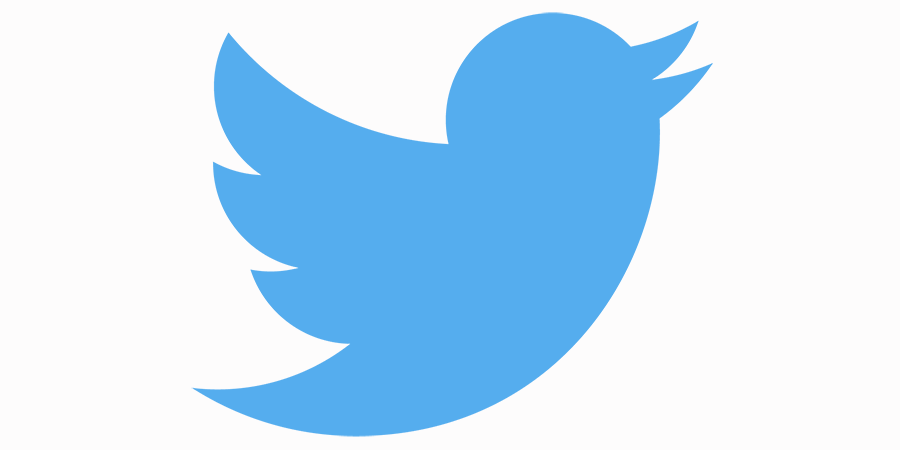 Kerby Anderson
Kerby Anderson
The recent debates about free speech at Twitter have generated some excellent commentaries by liberals who wonder why others on the left are so opposed to the concept of free speech. One of those essays is by Jonathan Turley, Professor of Public Interest Law at George Washington University.
He notes that, “Company boards have a fiduciary duty to do what is best for shareholders, which usually is measured in share values. Twitter has long done the opposite. It has virtually written off many conservatives — and a large portion of its prospective market — with years of arbitrary censorship of dissenting views.”
He tries to remind Twitter and other social media platforms that censorship is a very bad idea. The censorship model only works when they have an effective monopoly. “That is how Henry Ford could tell customers, back when he controlled car-making, that they could have any color of Model T ‘as long as it’s black.’”
Censorship (or “content modification” as some call it) is not helpful for any company, especially once potential customers realize their views might be the next set of ideas to be censored. Unfortunately, many seem to be promoting censorship.
Max Boot, writing in the Washington Post, said that for democracy to survive, “we need more content modification, not less.” Former Labor Secretary Robert Reich argued that Musk’s dream is the “dream of every dictator, strongman, demagogue, and modern-day robber baron on Earth. For the rest of us, it would be a brave new nightmare.”
You know you are losing the battle of ideas when a prominent liberal expresses his disappointment with the left’s reaction to the idea of free speech, and quotes from other liberals arguing we need more censorship and less free speech.
 Listen Online
Listen Online Watch Online
Watch Online Find a Station in Your Area
Find a Station in Your Area









 Listen Now
Listen Now Watch Online
Watch Online
